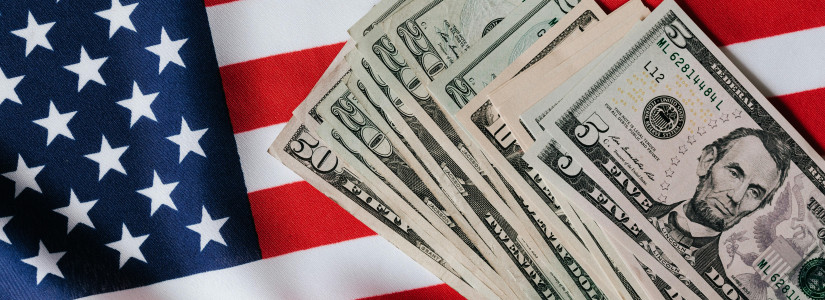Strategies for Stretching Your Budget in an Inflated Economy
Tough times mean budget tightening for everyone. With the rising cost of living, stretching every dollar can be a challenge. That's why thinking of smart ways to reduce expenses and maximize your income is essential.
Look for Discounts and Deals
Many stores offer special sales or coupons that can help you save money on essentials. Shopping for the best deal can allow you to purchase items cheaper than retail. You can even take advantage of online shopping sites, which often have better prices than brick-and-mortar stores.
For larger items like furniture or appliances, wait for the big sales that often come around the holidays. Also, consider secondhand stores, which can offer great deals on everything from clothes to home goods and electronics.
Research Inflation Relief Programs
The government offers several inflation relief programs designed to help reduce your financial burden during inflation. Depending on your income and other criteria, you may be eligible for certain credits or deductions that could cut the cost of living.
It's also a good idea to research local resources such as food banks and low-cost health clinics, which can help reduce expenses associated with groceries and healthcare services.
Cut Back on Unnecessary Expenses
You may not realize how much money you spend on little things, such as eating out or buying coffee daily. You can significantly reduce your overall living costs by cutting back on these unnecessary expenses and focusing on the essentials. Try making coffee at home instead of paying for it every day, or look for free activities that you can do with friends and family instead of going out to eat.
Since some items like gas or electricity are necessary but costly, it's also a good idea to look for ways to reduce usage. Installing energy-efficient lightbulbs or appliances, unplugging electronics when not in use, and carpooling with friends can help you save money on these essential utilities.
Invest in Long-Term Financial Security
In addition to cutting back on everyday expenses, investing in long-term financial security is essential. This can include setting up a savings account and contributing regularly or investing in stocks or bonds. Funding for the future will help ensure you have money available when inflation takes its toll.
However, before investing, make sure to research the market and understand the risks. Consulting a financial advisor can help you create a plan that makes sense for your needs and goals.
Take Stock of Your Debt
It's essential to stay on top of your debt during inflation. Look at your bills and determine which items you can reduce or eliminate. Consider consolidating it into one loan with a more reasonable interest rate if you have high-interest debt.
You may also be able to negotiate with creditors or debt collectors to reduce your payments or stretch out the repayment terms. This can help you manage your finances more easily during difficult economic times. By reducing your debt, you can free up more cash to cover essential costs during inflation.
Look for New Income Opportunities
When faced with inflation, looking for new income opportunities can be helpful. There are plenty of ways to earn extra cash on the side, such as taking on a part-time job or freelancing online. If you have any marketable skills, consider offering them as services to friends or acquaintances who may need help with projects.
You can also look into starting your own business, which is a great way to generate income while still having the flexibility to manage your time. With the added gain, you'll be better equipped to handle inflation-induced financial pressures.
Keep an Eye on the Economy
Finally, staying up-to-date with economic news is essential to make informed decisions about your finances. Keeping an eye on the market can help you identify potential opportunities and avoid financial pitfalls during inflation. This will allow you to better prepare for any changes in the economy and ensure that you take the necessary steps to stay financially afloat.
For instance, if you're aware of an impending economic downturn, you can begin shifting your assets to protect them from potential losses. You'll also be able to capitalize on any potential gains in the market by investing strategically.
By following these tips, you can reduce expenses and maximize your income. With some financial savvy and strategic planning, you can get through inflationary times with minimal disruption to your budget.
Related Articles
Stay ahead of the curve
Equip yourself with the knowledge to tackle inflation head-on, and access exclusive resources designed to help you thrive despite economic challenges.
Get Started











